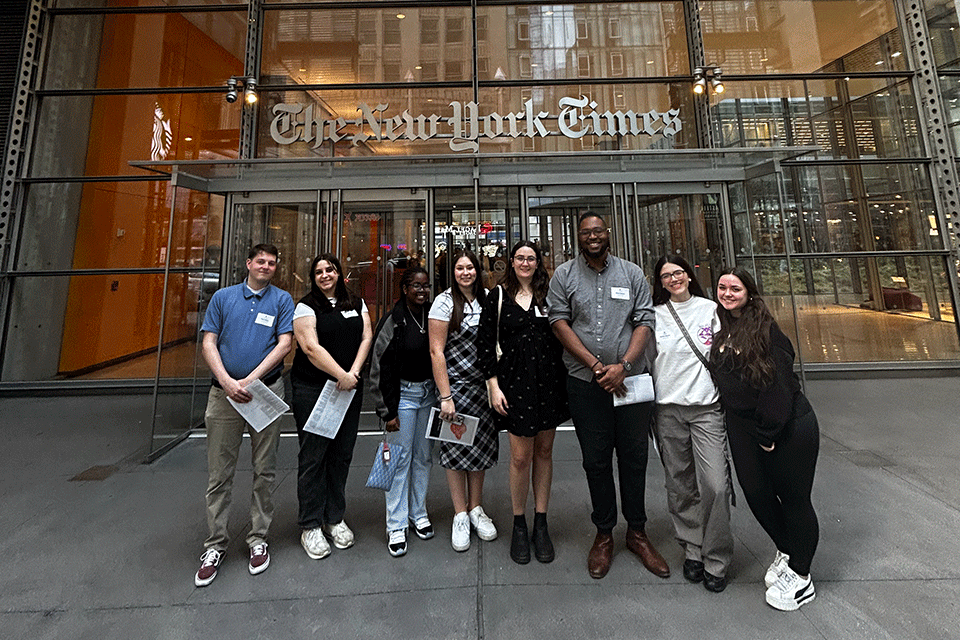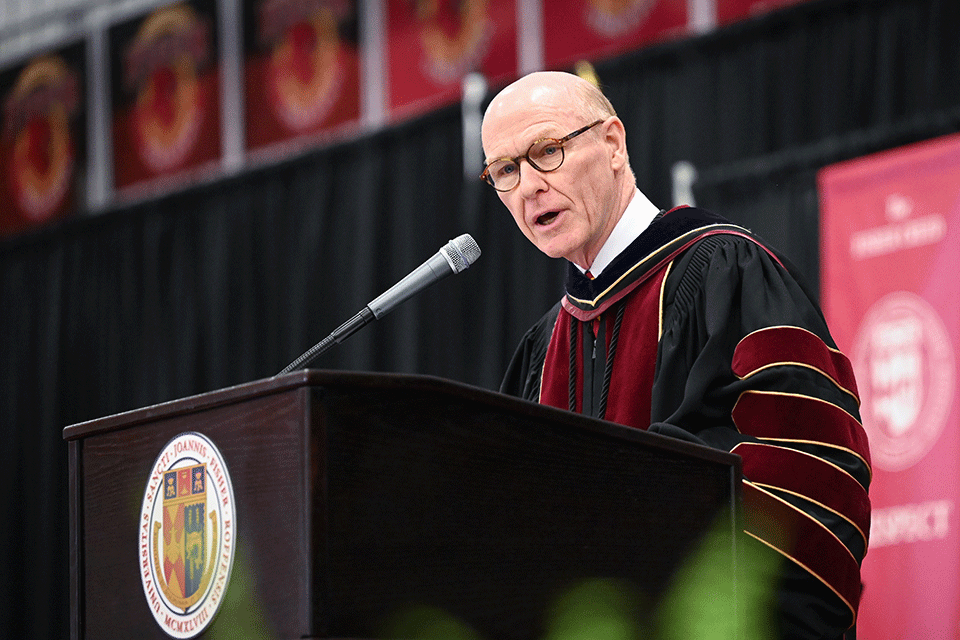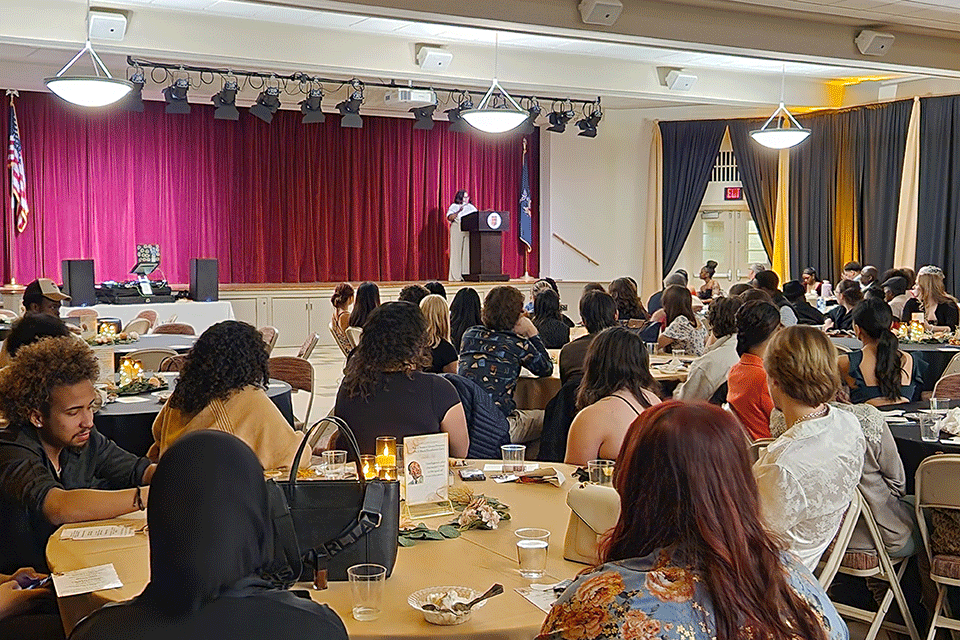
- Student to faculty ratio: 12:1
- Typical class size: 20-25
- Fisher family:1
Psychology
The value of understanding behavior and cognition is far-reaching. Learn to recognize and apply basic psychological principles in your professional and personal lives through Fisher’s psychology program.
Fisher’s program emphasizes the interdisciplinary nature of psychology, drawing on theories, concepts, and methods of inquiry from neighboring natural science and social science disciplines for its curriculum. Added Core requirements in the liberal arts give you a complete and well-rounded academic experience.
As a psychology major, you will be part of an active program that values collaborative research between faculty and students. Projects have ranged from studies examining dog cognition and human-animal interactions to displays of human emotion, to obesity and stigma research and research examining group dynamics. You also have the opportunity to pursue independent research for course credit.
Program Overview
The psychology program awards both bachelor of arts and bachelor of science degrees.
The B.A. path prepares you for advanced degree programs at the master's level and higher. This path also provides ample flexibility if you want to combine your interests in psychology with studies in another area through a required minor.
The B.S. degree path places greater emphasis on research experience, quantitative skills, and breadth of study in the subfields of psychology. You should choose this path if you plan to pursue a doctorate in psychology or a related field.
Life After Fisher
Graduates of the psychology program have found employment in several capacities, with a number of local and regional employers, including:
- Staff scientist, University of Rochester Medical Center
- Program director, PATHS after-school program
- Mental health specialist, Baker Victory Services
- Research assistant, Mount Hope Family Center
- Young Professional Executive Board member, the National Center for Missing and Exploited Children
Many others have chosen to continue their education, enrolling in graduate school, medical school, or law school.
Social Sciences News


